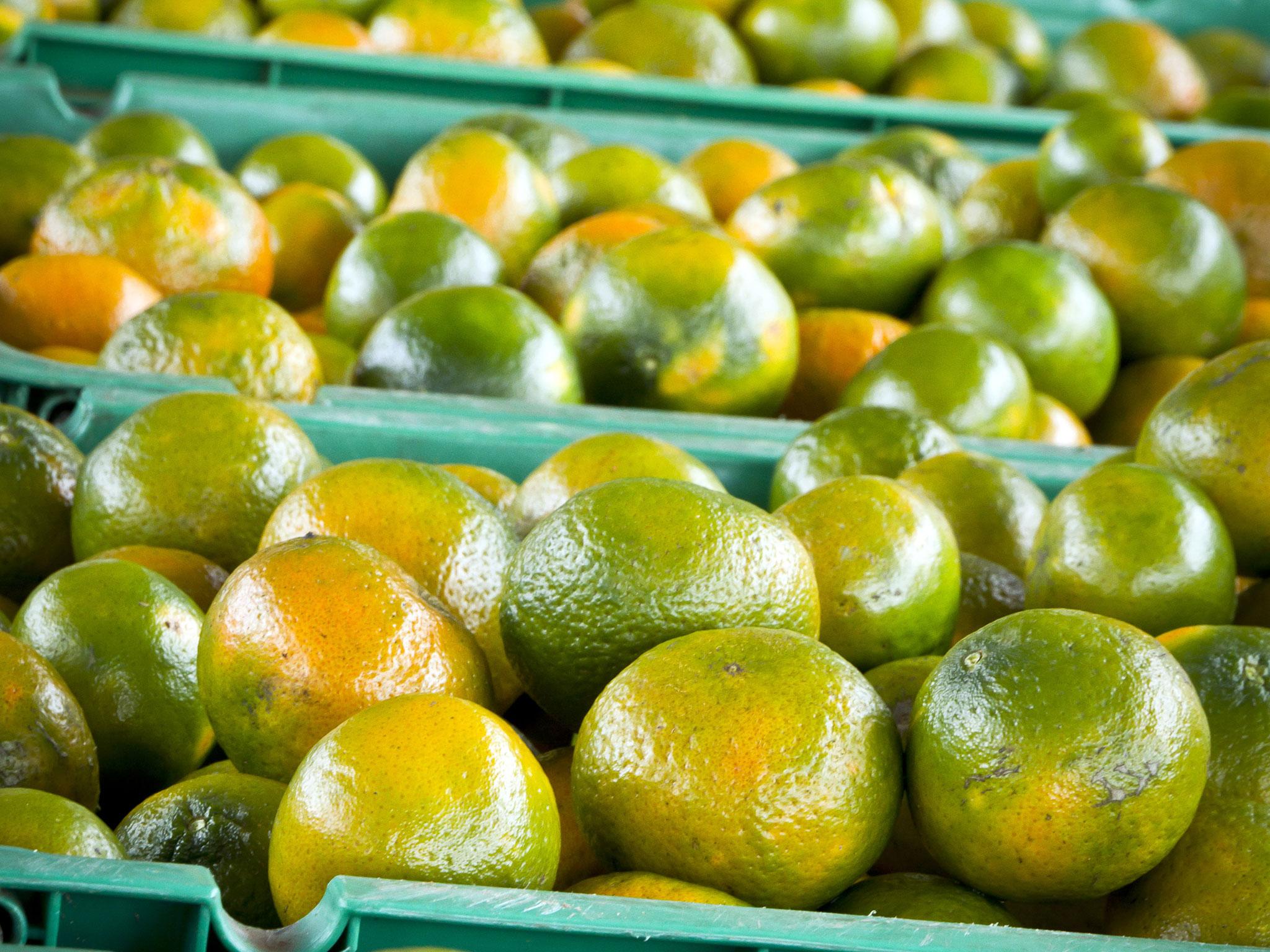Poor diet blamed as scurvy reappears in Australia
Caused by vitamin C deficiency, the condition used to be a common curse among seafarers who went months without fresh fruit and vegetables

Scurvy, a disease historically associated with old-world sailors on long voyages, is making a surprise comeback in Australia, with health officials Tuesday revealing a rare spate of cases.
Caused by vitamin C deficiency, the condition used to be a common – and often fatal – curse among seafarers who went months without fresh fruit and vegetables.
Once barely heard of in developed countries, reports suggest the problem is also on the rise in Britain, while a medical journal this year detailed the case of a baby developing scurvy in Spain.
Jenny Gunton, who heads the Centre for Diabetes, Obesity and Endocrinology research at the Westmead Institute in Sydney, said scurvy had reappeared in Australia because of poor dietary habits.
She discovered the disease after wounds on several of her patients failed to heal.
“When I asked about their diet, one person was eating little or no fresh fruit and vegetables, but the rest ate fair amounts of vegetables; they were simply over-cooking them, which destroys the vitamin C,” she said.
“It highlights a danger that you can consume plenty of calories, yet not receive enough nutrients.”
The scurvy diagnosis for 12 patients was made based on blood tests and symptoms, with all cured by a simple course of vitamin C.
A lack of vitamin C can lead to defective formation of collagen and connective tissues, and cause bruising, bleeding gums, blood spots in the skin, joint pain and impaired wound healing.
Common foods that keep scurvy at bay include oranges, strawberries, broccoli, kiwi fruit, bell peppers and grapefruit, but overcooking can destroy key nutrients.
Penelope Jackson was one of those diagnosed with the disease and said she was stunned.
“I couldn’t believe it. I thought, ‘hang on a minute, scurvy hasn’t be around for centuries’,” she told the Sydney Morning Herald.
“It’s something you associate with the First Fleet and the days of Arthur Phillip and Captain (James) Cook. You don’t expect it to be around in the 21st century.”
Mr Phillip was the first governor of New South Wales state who sailed with the First Fleet from England in 1788 while navigator and explorer Cook is often credited as one of the first to understand the relationship between fresh fruit and scurvy.
Ms Gunton, who published a research paper on the disease’s resurgence in the international journal Diabetic Medicine, said patients could be overweight or obese and still have the condition.
Her paper reported there was no predominant social pattern to the incidence of the disease and that patients with poor diets appeared to be from a range of socio-economic backgrounds.
“This result suggests that despite the large amount of dietary advice readily available to the community, there are still plenty of people – from all walks of life – who are not getting the messages,” Ms Gunton said.
“Human bodies cannot synthesise vitamin C, so we must eat foods containing it.”
Health authorities tend not to test for scurvy these days and Ms Gunton’s study advised clinicians to be alert to the potential problem especially in diabetes patients.
“Particularly if their patients present with unhealed ulcers, easy bruising or gum bleeding without obvious cause,” she said.
AFP
Join our commenting forum
Join thought-provoking conversations, follow other Independent readers and see their replies
Comments
Bookmark popover
Removed from bookmarks